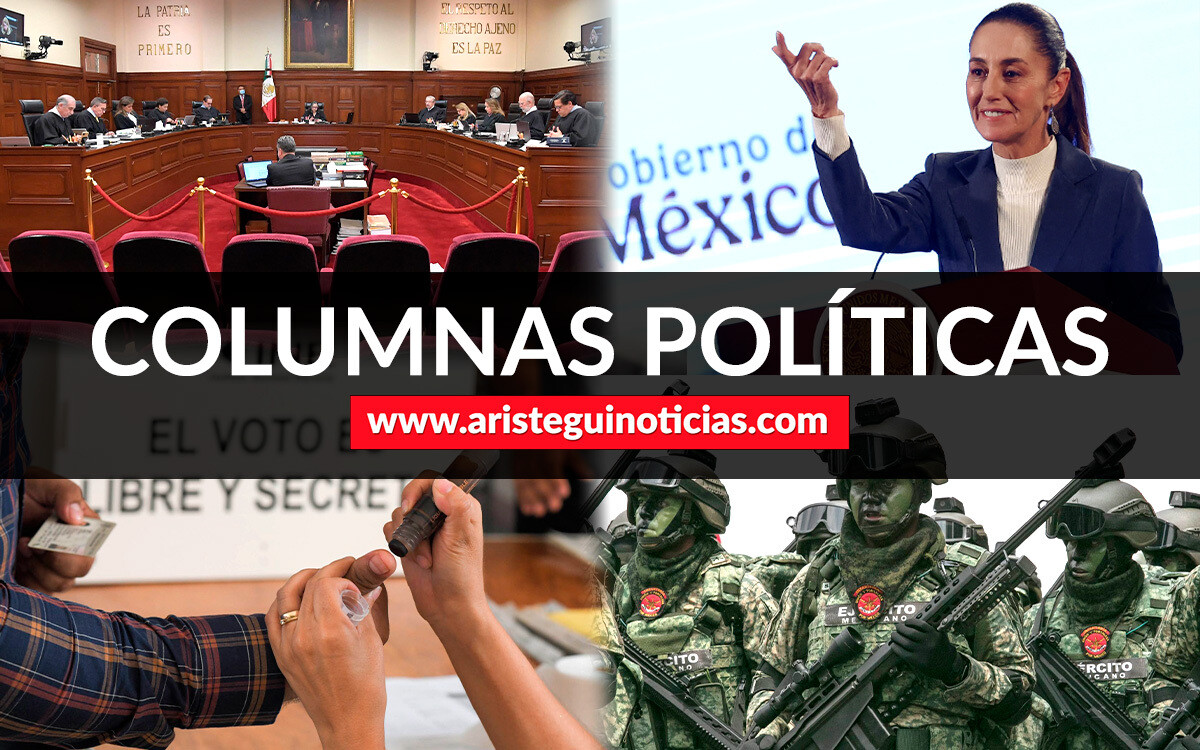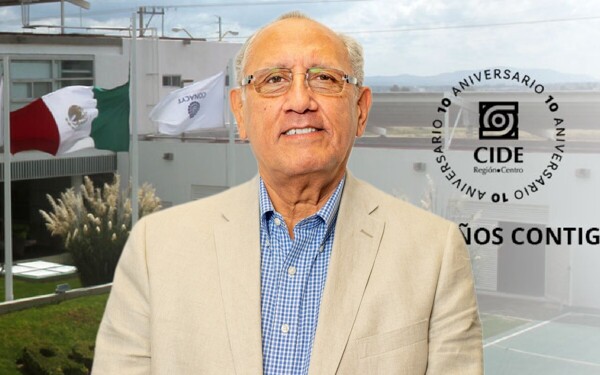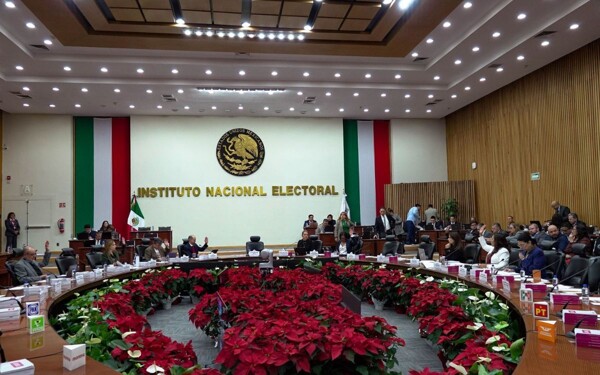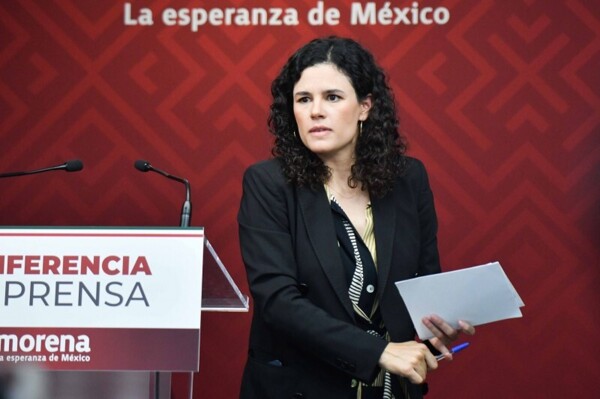
Former Spanish president José Luis Rodríguez Zapatero, from UNAM, warned that Mexico's priority must be the fight against organized crime, praising Claudia Sheinbaum for her high approval ratings. While violence in the country decreases and cartels retreat in the face of prosecutions, abroad the trust generated by the president is celebrated.
According to the U.S. federal government, drug trafficking has become the second source of income for the cartels, while Mexico sees how its presidential prestige gains international recognition. Zapatero observes a Mexico that the opposition fails to see, even suggesting the possibility of a hypothetical "Texas cartel."
On the other hand, the problematic nature of leaving important decisions to chance is evident, as highlighted by Senator Gerardo Fernández Noroña and Deputy Sergio Gutiérrez Luna wanting to exclude "undesirable" candidates from the electoral list, blaming the INE for their selection through a lottery. The electoral authority disassociates itself from this request, leaving the weight of the decision to politicians.
The theft of fuel from Pemex by cartels and its subsequent sale to U.S. companies reflects the ease with which these criminal groups operate in the neighboring country, generating income through illegal activities. In particular, the concern of the governor of Texas stands out for pursuing migrant workers instead of focusing on combating these criminal organizations that supply drugs and refine oil, strengthening their power.
Finally, despite the political distance between Ernesto Zedillo and the PRI for years, leader Alejandro Moreno came to the defense of the former president from Punta Cana, Dominican Republic, amid a conflict with Claudia Sheinbaum and the 4T. In a different tone, the Conclave in the Vatican chooses the new Pope without resorting to a lottery, showing the importance of varying strategies in different areas.














